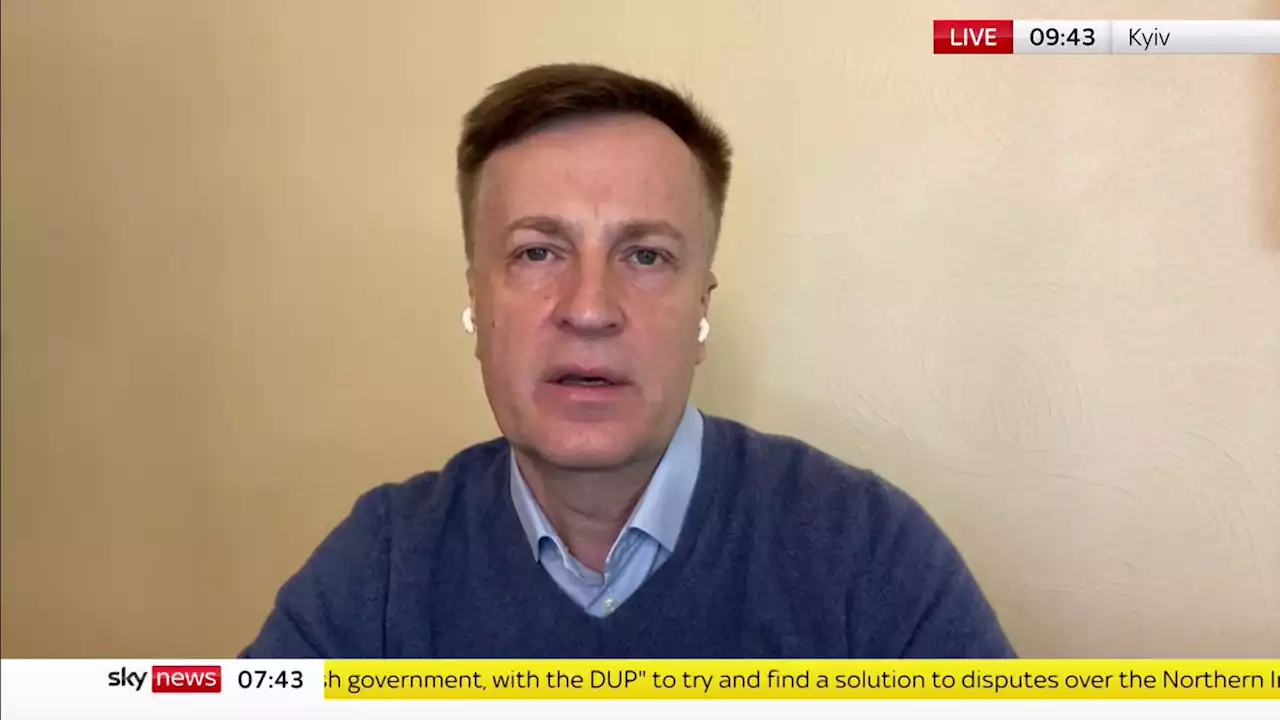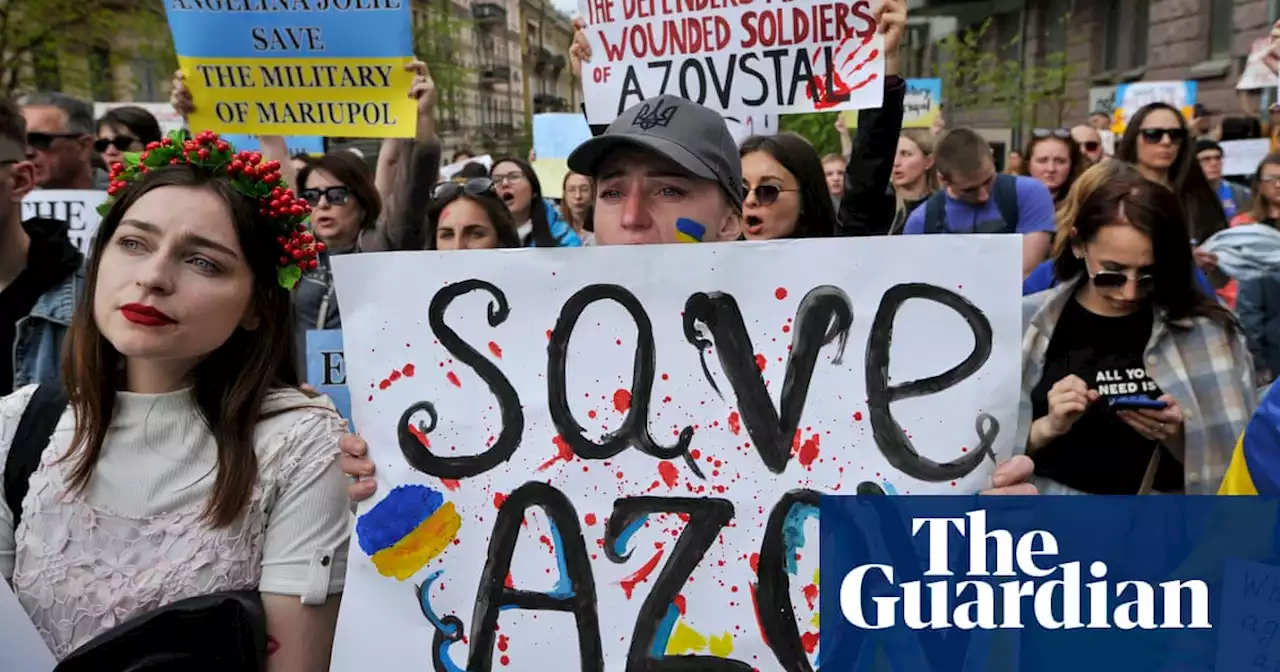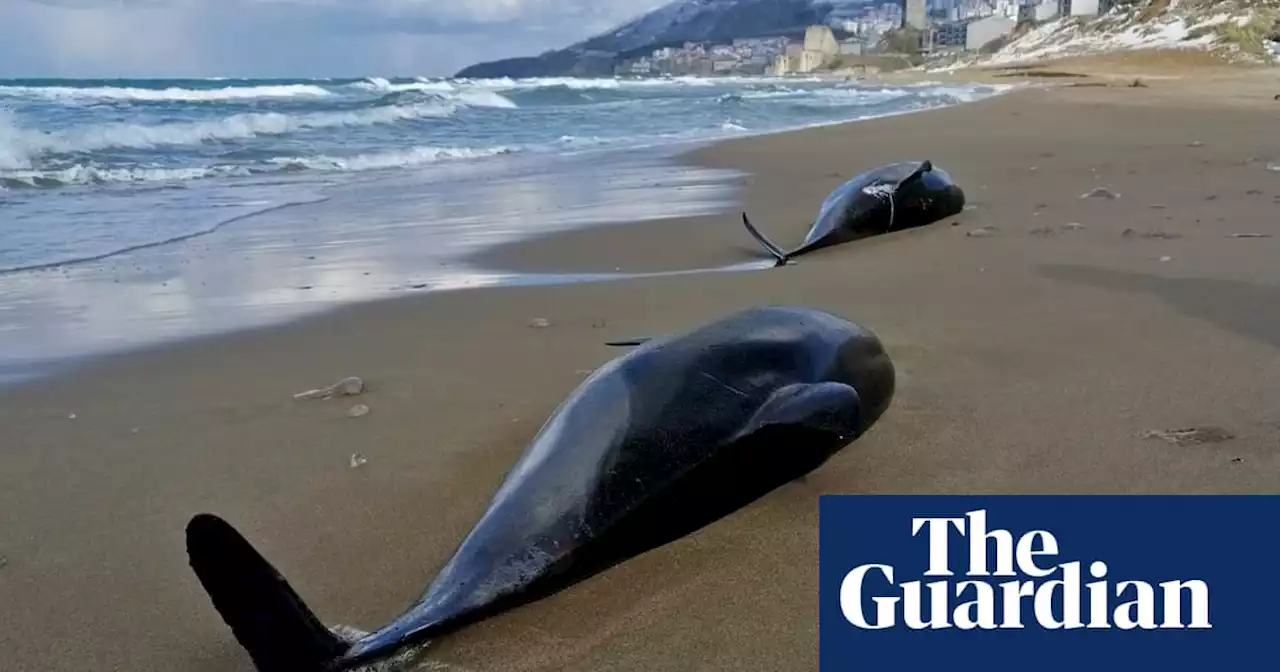What happened when Russian troops occupied the Chernobyl nuclear-power plant?
n February 22nd four friends in their 20s hiked illegally into the Chernobyl exclusion zone. They planned to go highlining: stringing cables over vertiginous drops to walk across for fun and fame on Instagram. They had been on guerrilla missions to Chernobyl before and on the evening of February 23rd they camped on the 15th floor of a building in Pripyat, the town that had been abandoned after the reactor exploded in 1986.
A little later, four young men appeared at the front entrance of the main building, carrying GoPro cameras, utility knives and a drone. They said they’d been camping and asked to be evacuated. Valeriy Semenov, the head of security, was inclined to believe their story, though he told them, only half-joking, that they looked like a bunch of saboteurs. But he knew they had no hope of getting out. There were already reports of Russian tanks to the south. He decided to lock them in the basement.
In the months after the explosion, thousands of engineers and workers came from all over the Soviet Union to help the clean-up. These people, known as “liquidators”, were hailed as heroes. Since Pripyat was uninhabitable, a new town, Slavutych, was built to house the newcomers and the staff of the plant. Russian soldiers occupied Chernobyl nuclear-power station for 38 days .
Geiko explained that Chernobyl was a uniquely hazardous installation because of the many sources of radiation around the site. He insisted that he and his Ukrainian staff retain operational control. Bargaining continued for almost three hours. Throughout, Semenov could hear the mechanical grinding of a military convoy heading south towards Kyiv.
I met Semenov in Slavutych four days after he returned from Chernobyl. His whole life since early childhood, he said, had prepared him for his role under the occupation. Though he was exhausted, his story poured out of him. He’d snatched a pen and paper to draw diagrams of the site: “The administration building was here, you see, my building – no I cannot tell you the name of my building. It is secret! – was here.
Several officials arrived from RosAtom, a Russian state-owned nuclear-energy company. Semenov got the sense that their status was even higher than the generals’. He saw them remove boxes from the site a couple of times. “I have no idea what they were doing,” he said, laughing. “I think they were looking for those American biological-weapons labs” .
The Russian troops had expected their “special operation” to be brief. Soldiers had brought scant supplies: one admitted that he’d packed only a single uniform, because he thought he was on a training exercise. Some asked Semenov where they could buy cigarettes. “They said, ‘Why are there no shops near here?’ I said, ‘This is a restricted zone!’ They didn’t understand where they were.”The Ukrainians exaggerated the threat of radiation to stymie Russian efforts to impose greater control.
He had to defuse several confrontations. One afternoon Russian soldiers started firing into the air, apparently trying to shoot down drones. On another occasion the Russians organised a press junket, arriving with boxes of humanitarian aid to give to Ukrainians in front ofcameras. The Ukrainians refused to accept them.
Occasionally they chatted to the Russian soldiers, who ate separately, during cigarette breaks. “Their first questions to us were, ‘Where are thebases? Where are the Banderites [right-wing nationalists] making all the trouble?’” said Kostya. Troops boasted that Kyiv would be taken in three days.
A further hazard comes from the radioactive nuclear waste that Chernobyl recycles from its own defunct reactors and Ukraine’s four operational nuclear-power stations. Most of this waste is stored in metal drums buried in concrete. If the drums are moved about, they might be damaged and leak. The contents could even be used to make a dirty bomb
The day the Russians occupied the plant, a batch of 16 barrels was ready for removal. The ventilation system that cooled the nuclear waste stopped when the electricity went off. It took three days to work out how to connect it to a generator. During this time, radiation levels probably rose – it was impossible to tell, though, because, after four weeks, the Ukrainians had been unable to replace the dosimeters used to take measurements.
Even their leaders expressed doubts. On one occasion, Semenov watched a Russian bomber fly overhead as he smoked a cigarette. He waved his fist at it, shouting, “Pederasti!” . The soldiers nearby asked him why he was shouting. “They are not going to bomb with sweets and cookies!” he replied. Later a Russian officer confided, “I don’t like these pederasti either.”
The highliners were among the first to cross to Slavutych. As they waited on the river bank, a Russian officer began eulogising about how there was no Russia or Ukraine, only a Soviet Union, and how the Americans always brought war but the Russians brought peace. “He was driving a Ford pickup he had looted from the National Guard,” said Kostya. “And at the exact moment he said the word ‘peace’, a great barrage of missiles flew over heading in the direction of Chernihiv.
Australia Latest News, Australia Headlines
Similar News:You can also read news stories similar to this one that we have collected from other news sources.
 Ukraine news live: Russia bombs shopping centre in key strategic city; Biden 'displeased' with Russian ship leaksUkraine latest as Russia marks Victory Day, with Vladimir Putin condemning the West for planning, he says, 'the invasion of our land'; evacuees rescued from Mariupol's Azovstal arrive in Ukrainian-held territory; Bono and the Edge perform a surprise gig in Kyiv.
Ukraine news live: Russia bombs shopping centre in key strategic city; Biden 'displeased' with Russian ship leaksUkraine latest as Russia marks Victory Day, with Vladimir Putin condemning the West for planning, he says, 'the invasion of our land'; evacuees rescued from Mariupol's Azovstal arrive in Ukrainian-held territory; Bono and the Edge perform a surprise gig in Kyiv.
Read more »
 Vladimir Putin puts ‘brutal’ GRU spy unit that poisoned the Skripals in charge of intelligence in UkraineThe GRU is taking over from the FSB, the intelligence service Vladimir Putin has blamed for failings that contributed to his army's humiliating retreat from Kyiv
Vladimir Putin puts ‘brutal’ GRU spy unit that poisoned the Skripals in charge of intelligence in UkraineThe GRU is taking over from the FSB, the intelligence service Vladimir Putin has blamed for failings that contributed to his army's humiliating retreat from Kyiv
Read more »
 Ozark boss teases potential spin-off after finale'There are still ways to stay inside the show and revisit things.'
Ozark boss teases potential spin-off after finale'There are still ways to stay inside the show and revisit things.'
Read more »
 ‘Surrender is not an option’: Azov battalion commander in plea for help to escape MariupolTwo thousand Ukrainian troops thought to be trapped inside steelworks after civilian evacuation
‘Surrender is not an option’: Azov battalion commander in plea for help to escape MariupolTwo thousand Ukrainian troops thought to be trapped inside steelworks after civilian evacuation
Read more »
 Experts uncover Stonehenge mystery monuments that could reveal secrets of the pastPrehistoric people created a vast network of monuments inside the sacred landscape’s bedrock
Experts uncover Stonehenge mystery monuments that could reveal secrets of the pastPrehistoric people created a vast network of monuments inside the sacred landscape’s bedrock
Read more »
 Ukraine war may be causing rise in dolphin deaths, say scientistsTurkey has recorded rise in strandings across its Black Sea coast since beginning of Russian invasion
Ukraine war may be causing rise in dolphin deaths, say scientistsTurkey has recorded rise in strandings across its Black Sea coast since beginning of Russian invasion
Read more »
